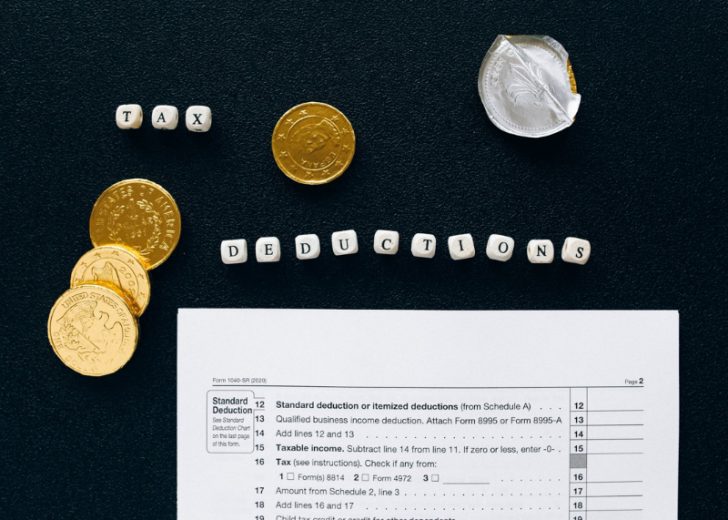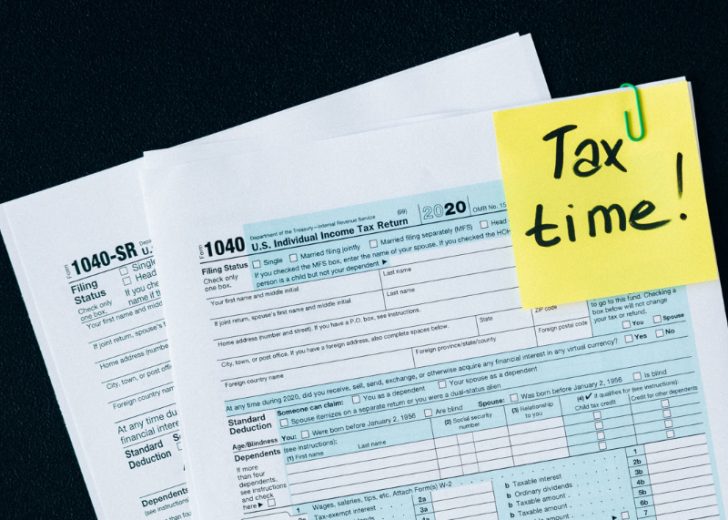While the IRS enhances audit of small businesses, if your venture is selected for further review, be prepared, irrespective of whether an IRS audit is coming. In late 2020, the IRS planned increasing tax audits of small businesses by 50% in 2021. While small business owners attempt managing remote contract workers, keep track of pandemic-related loans, or struggle to stay operational, an audit is intimidating, but don’t panic. Some simple steps to prepare for the process:
Understand the steps of the audit process

If selected for audit, the IRS notifies you by mail. There are fraudsters and scammers posing as the IRS contacting you via phone or text messages. The real IRS will never attempt to initiate an audit via telephone. After receiving the IRS notification, there are two modes for the IRS to conduct an audit: by mail or means of an in-person interview. A mail-based audit begins with a letter requesting additional information about certain items on your tax return: these may relate to deductions, income, expenses, etc. You need to send hard-copy records detailing all specified transactions or payments. If requested to attend an in-person interview, this may take place either at home, place of business, your accountant’s/ lawyer’s office. The IRS will provide all relevant details, such as contact information, and detailed instructions in the initial letter. The IRS also offers Audit Technique Guides to provide you with more details of what to expect. After having submitted your hard-copy documents or attended your interview, the IRS will decide to either propose changes in your tax return or make no changes. The real IRS does not initiate an audit via telephone.
Gather the right documents

The IRS letter details documents/records needed to support income, credits, or deductions in tax returns. The IRS may request receipts (for payments to others and amounts received in business), bills, loan agreements, cancelled checks, legal documents for property purchases and diaries showing important expenses, including business travel. Employee contracts are often requested by the IRS, especially with the growing gig economy and remote work norms. Even if untapped for IRS audit, maintain records of all expenses and deductions. Tax records must be kept as long as the ‘period of limitation,’ including time taken to audit returns and assess other additional taxes. A majority of these audits are returns that were filed within the last two years, but review of tax returns can go back six years if there are major issues.
Know your options

You can appeal the IRS’s audit if the final result isn’t acceptable to you. If you appeal the decision, don’t sign and return your audit report copy. The IRS then explains steps for audit appeal and filing of official protest within 30 days of date of IRS letter. The formal protest leads to a hearing and mediation by their Office of Appeals. Many business owners prefer a CPA or legal expert during this process, but some navigate the appeals with documentation and well-prepared arguments. The Office of Appeals has excellent resources to assist you to process and prepare for the appeal. While few taxpayers go through this process, it is worth the effort as odds of winning your case are high. Average taxpayers appealing an audit should expect the amount originally examined by the auditor, reduced by 40%.




